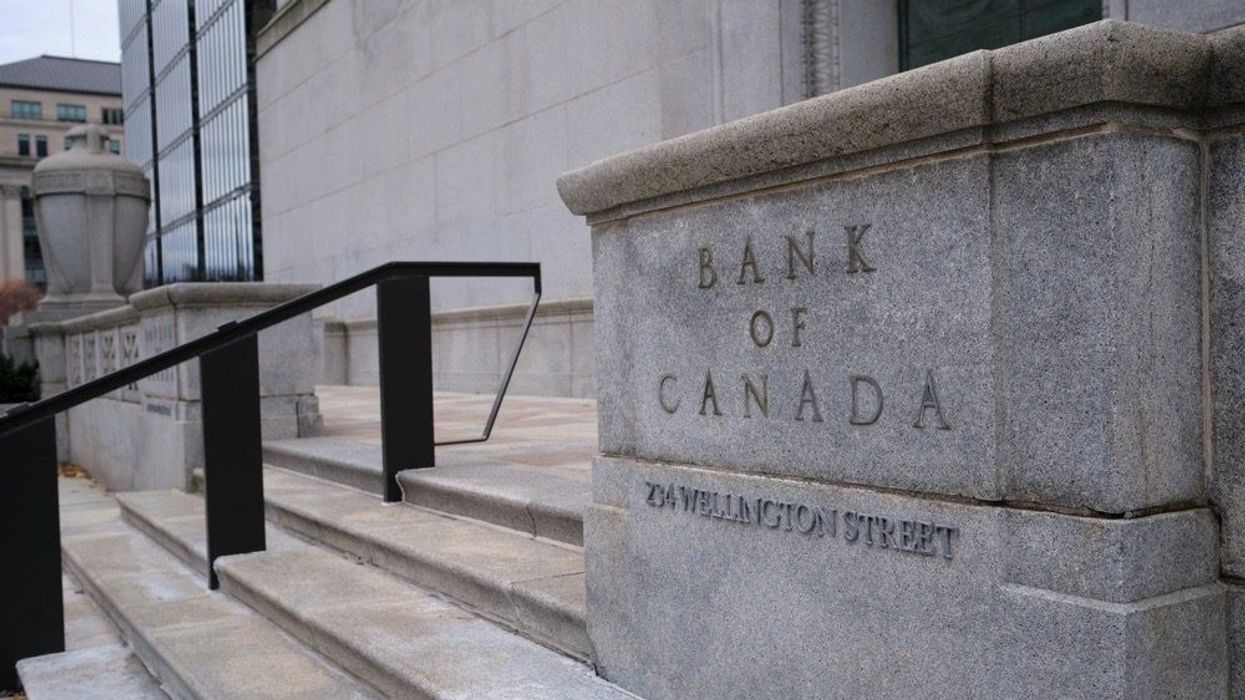Canada's housing market has yet to hit bottom, industry experts warn, emphasizing the profound impacts that Bank of Canada interest rate hikes will continue to have.
During a panel discussion on Tuesday at the Ontario Real Estate Association's RealiTY conference, David Rosenberg, President and Chief Economist at Rosenberg Research, suggested that Canada is in the early stages of a bear market, attributing a large part of that to the Bank of Canada's continuing interest rate hikes. Although the higher interest rates were meant to correct housing market conditions, Rosenberg said, they're hurting Canadians too.
"It was really premised on this view that the Bank of Canada had your back," Rosenberg said. "And now the Bank of Canada still has your back, but it's got a knife in it and it's twisting it."
As of October, the overnight lending rate sits at 3.75% with mortgage rates hovering around 6%. Rosenberg argues that due to the unaffordability of housing prices, today's 6% mortgage rate has the same financial strain as 12% rates did 30 years ago, noting that it's "not your father's 6%."
"Affordability has only been as stressed today as it's been just two or three times in history: 1990 and 1981-82, when interest rates were three to four times higher than they are today, which tells you something about the principal payments that you have to pay," Rosenberg said.
President of Royal Le Page Phil Soper took aim at Rosenberg's comments, instead offering the opinion that Canada's position in the real estate market is one of optimism rather than bleakness.
"You don't need a degree in math to know that 12% interest rates are way different than 6% interest rates," Soper said. "We are better positioned than any real estate market in the world and we're a better country than any to practice real estate."
Benjamin Tal, Deputy Chief Economist of CIBC World Markets Inc., supported the idea that the market is going to continue to decline, but said that the current price decline figure of 20% that's widely used isn't a true reflection of the market's loss.
"What we need to look at is a composite index apples to apples -- low-rise to low-rise, and condo to condo -- because the reason why we are at 20% is because of the fact that there is more activity in the high-rise segment, which is cheaper," Tal said. "So that's not really a real decline in prices. The main decline is 10% and that will continue. That's not over by any stretch of the imagination."
What was agreed upon across the board is that inflation has peaked. But Rosenberg said it will take quite some time before it comes back to a manageable rate.
"It's starting to come down, but it doesn't come crashing down. It's like a race between watching the paint dry and grass grow," Rosenberg said. "But it is actually moderating and I think the next year is going to be quite a bit lower."
Whether it will hit the central bank's target of 2% inflation, Rosenberg notes that it is hard to say at this point.
With that slow decline in mind, Tal said that borrowers shouldn't expect any relief in interest rates until 2023 or 2024, noting that if more increases come in during that time, there will be an influx of mortgages hitting their trigger rate -- the point at which a lender can adjust a borrower's payments because it is no longer high enough to cover the interest accrued since their last payment.
"We have an army of people that will face the trigger rates," Tal said. "These numbers are getting larger and larger and larger."
Broker and Owner of the BREL Team Melanie Piche said she's already had clients facing this issue, and notes that it's one more people need to talk about.
"Who I really worry about is our first time buyers," Piche said. "One of those buyers, who works for us, she bought last year and her mortgage was $2,200. She's got triggered and it's now $4,000 a month. She's 27 years old. Those are the people that are staying up at night, and that's the second shoe that I hope doesn't drop. And because I think that's when we're going to see the market in a whole different place, and I think we need to look at that 30-year amortization for all those renewals that are coming up, because that's a real danger."





















